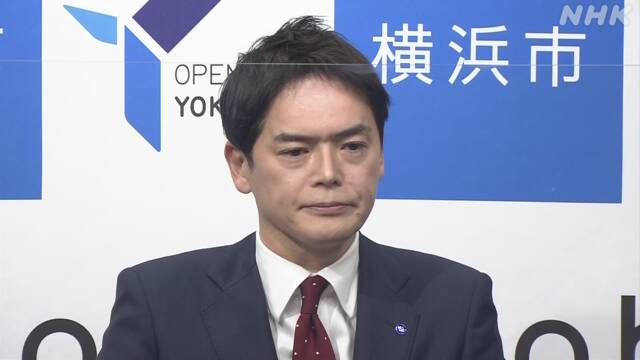The third vaccination rate is the lowest in Yokohama among the ordinance-designated cities in Japan, and the city cites the largest population in the cities, wards, towns and villages in Japan for the reason, while vaccination tickets will be shipped in the future. It is expected that the inoculation rate will increase as it progresses.
As of the 18th of this month, the average percentage of people who received the third vaccination in 20 ordinance-designated cities nationwide was 11.3%, while that of Yokohama was the highest at 5.4%. It's getting low.
Regarding the reason, Yokohama City cites that the population is the largest in the cities, wards, towns and villages nationwide, and that the elderly alone amount to about 900,000.
The city divides citizens into groups based on the date and age of the second vaccination and sends hundreds of thousands of vaccination tickets at a time. It means that I had a hard time adjusting the printing and shipping schedule.
In addition, at the beginning of the third inoculation, the city decided to use individual medical institutions such as clinics instead of mass inoculations, and as a result, the city was busy dealing with outpatients with fever other than inoculations. It is possible that the input to the national system may have been delayed even if the vaccination was carried out without progress.
The city says that the vaccination rate will increase in the future as the vaccination tickets will be shipped to most elderly people in late February and the vaccination tickets will be shipped to people under the age of 64 in earnest.
Mayor Takeharu Yamanaka said at a press conference on the 18th, "Yokohama City has requested the government to advance the inoculation interval from 8 months to 6 months in preparation for the 6th wave. Although it was not, in January, the national government announced a policy to shorten the interval and made desperate preparations. I would like to steadily proceed so that the citizens can be vaccinated as soon as possible without falling into competition between local governments. ".

